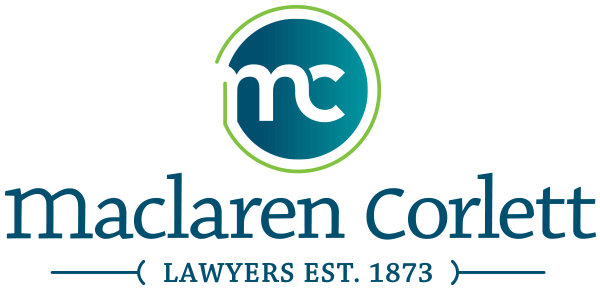Advance Medical Directives and Medically Assisted Death
As many readers may know, it is common to include in one’s Ontario prepared Power of Attorney for Personal Care (“PA PC”) an Advance Medical Directive, sometimes called a Living Will, indicating what medical treatment one wants or does not want at end-of-life and when one is not competent to make such decisions oneself.
The Medical Directive (“Directive”) can vary in detail from a list of numerous medical procedures that the individual wants or does not want at end-of-life, to a brief statement that no heroic measures should be taken and simply manage the individual’s pain. Even this last brief generic Directive can have variations such as: If unable to swallow or keep food and liquid down, should nutrition and hydration be administered intravenously?
Clearly it is important that the client instruct his/her lawyer of any special and specific wishes he/she may have with regards to end-of-life medical care to assist the lawyer in the preparation of an appropriate Directive in the PA PC. Moreover these instructions are important for the named grantee in the PA PC who could be called upon to make end-of-life decisions in the absence of a Directive in writing. These decisions can be particularly onerous, indeed potentially family wrecking, when there is no agreement among family members.
A new consideration in making a PA PC is whether the client wishes to have medical assistance in arriving at death. Although no legislation or regulations have become law in Canada, excepting Québec, we know they are imminent in view of the Supreme Court of Canada’s judgment that the prohibition against medically assisted death is unconstitutional (read a copy of the judgment here) and the Court’s direction that legislation be passed.
It is likely that the legislation and regulations will establish who can carry out a wish for medically assisted death and under what circumstances. Nonetheless prior to the named grantee requesting a doctor or medical board to respond to the individual’s wish, the named grantee should have some direction in the PA PC as to the circumstances in which such a request should be presented.
Should the request be made when the loved one’s life no longer has quality? Who is to determine the measure of quality – is it the named grantee or the attending physician(s)? This ‘fuzzy’ wording is of little assistance particularly when the client is incompetent and unable to make or communicate his or her wish at the time a decision is to be made.
What if circumstances are such that there is no reasonable expectation of recovery, death is imminent and treatment will only prolong a life that is precarious and burdensome with excessive expense to the client’s family and community? Would a grantee feel that he/she was carrying out the loved one’s wishes by seeking a medically assisted death? In the absence of a Directive, I would think not.
In light of the Supreme Court of Canada’s recent decision, making one’s wishes for end-of-life medical care clear and specific has become even more important and should be discussed in detail when giving instructions to your estate planning lawyer.



